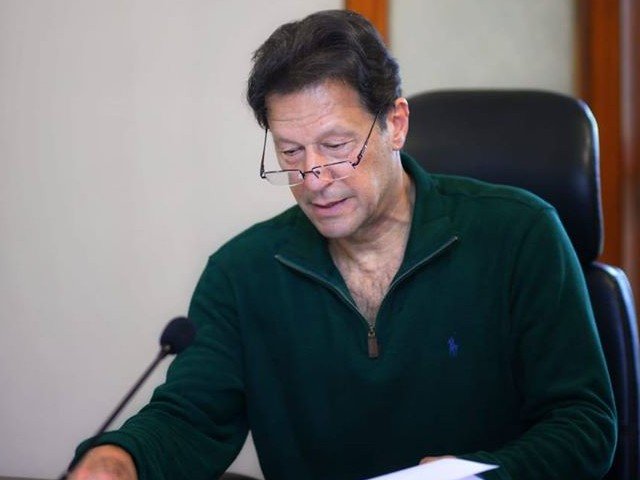
A letter, addressing the issue, was sent from the PM's Office to chief ministers, chief secretaries and chairman of the National Price Monitoring Committee of the four provinces.
"Prices of basic necessities should have come down after the reduction in petroleum products," the letter stated while quoting PM Imran. "Essential commodity prices are rising instead of falling."
Why did the prices of flour have increased after the new wheat crop reached the market? the letter raised the question.
"All the chief ministers and chief secretaries should fulfil their responsibility by monitoring the price reduction on a daily basis," it added. "The National Price Monitoring Committee should monitor the prices of essential commodities and report on weekly basis."
The premier has ordered all the provincial governments not to abstain from taking any strict action against inflation and directed the price monitoring authority to report commodity prices on a weekly basis.
The federal government had reduced the price of petrol by Rs7.06 per litre for the month of June in line with the dip in global crude oil prices due to virus-fuelled lockdowns.
Following the notification issued by the finance ministry last Sunday, the price of petrol has come down from Rs81.58 to Rs74.52 per litre.
The fuel is mainly used in cars and motorcycles.
However, the government regulator has slightly increased the price of high-speed diesel (HSD) from Rs80.10 to Rs80.15 per litre, which is mainly used in transport and agriculture sectors.
The meagre increase in the HSD price may have no impact on the inflation rate, which will directly benefit the public. With the start of crop harvesting season, the demand for diesel has increased, prompting the government to lift the ban on imports.
1718870162-0/BeFunky-collage-(60)1718870162-0-405x300.webp)
1730504285-0/Martha-(1)1730504285-0-165x106.webp)




1732340798-0/BeFunk_§_]__-(35)1732340798-0.jpg)










COMMENTS (1)
Comments are moderated and generally will be posted if they are on-topic and not abusive.
For more information, please see our Comments FAQ